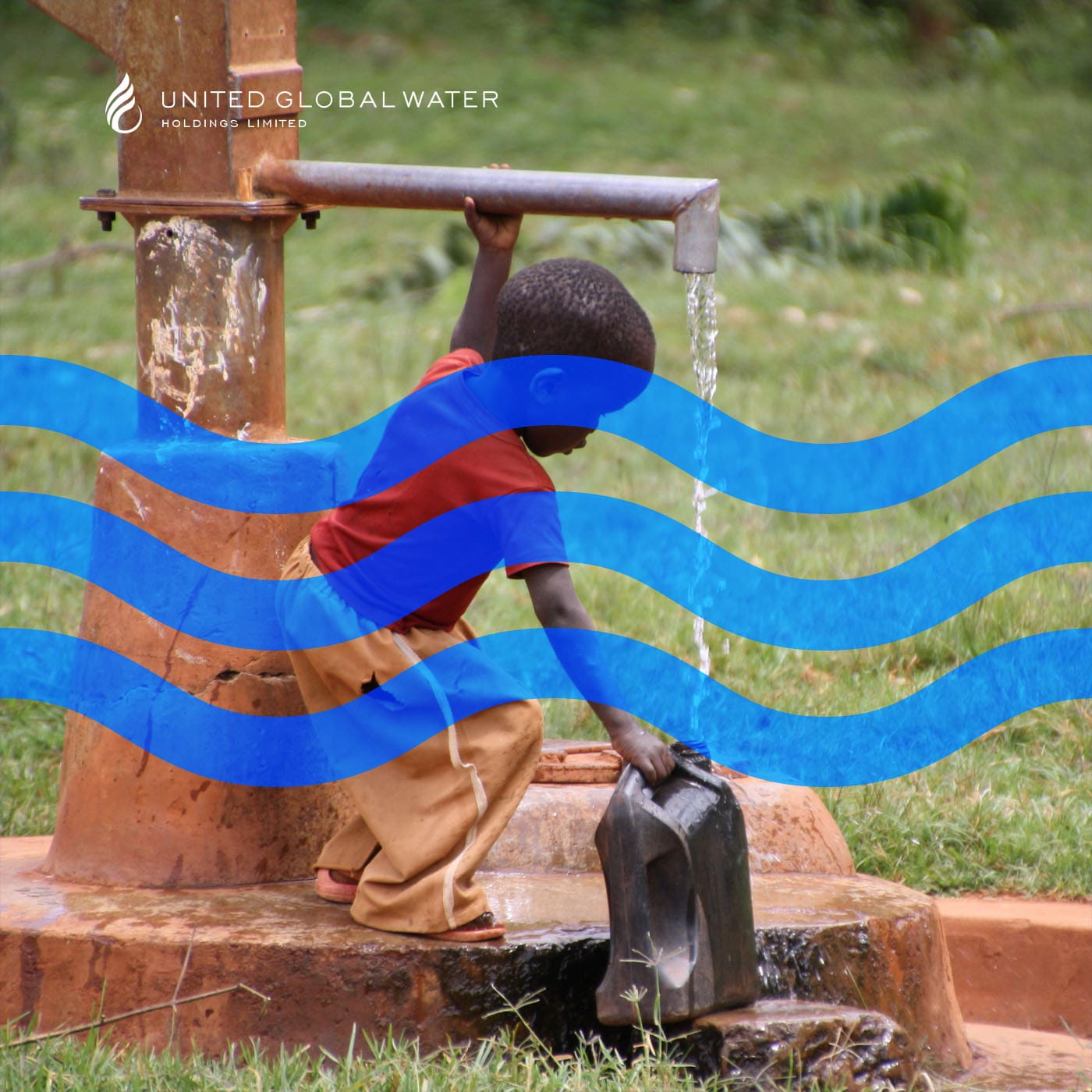Media / Investor Relations
United Global Water Holdings Limited
Address: 2nd Floor, Regis House,
45 King William Street, EC4R 9AN,
London, United Kingdom
[email protected]
We have all heard the phrase “supply doesn’t meet demand.” This is exactly what is happening with the freshwater resources and is referred to as water scarcity. Currently, it is affecting every continent in the world and was listed as one of the largest global risks, in terms of potential impact over the next decade, by the World Economic Forum in 2019. In fact, it doesn’t take much effort for individuals to educate themselves on this matter. It is clear that the demands of fresh water are not met, economic competition for water quantity or quality is rising, irreversible depletion of groundwater is happening on a daily basis and negative impacts on the environment are piling up. Four billion people live under severe water scarcity conditions at least 1 month of the year. Half a billion people are living in these conditions every single day and half of the largest cities in the world are lacking water.
Only 0.014% of the water on Earth is considered fresh and easily accessible and of the remaining 97% is saline and around 3% is hard to access. In theory, there is enough fresh water for the world to share but due to unequal distribution, we have very dry and very wet geographic locations. Earths population is constantly rising in the levels of demand for water and by 2030 the demand is expected to outweigh supply by 40% if we don’t start making changes.
It is a known fact that the world population is growing, standards of living are improving, consumption patterns are changing, and expansion of agriculture all force the demand for water to increase. Touching the subject of climate change: altered weather patterns, deforestation, pollution, greenhouse gases, improper wastewater disposal are all terms you might have heard. These factors cause an insufficient supply of water. All causes of insufficient water resources are caused by human interference with the water cycle. It is expected for the situation to become more intense with most of the forms of economic development, but it is possible to predict the causes for water scarcity and potentially mitigate them if correctly identified.
Some countries have shown that decoupling water from economic growth is possible. In Australia, from 2001 – 2009, water consumption declined by 40% meanwhile the economy grew by 30%. This is a great example; we can clearly see that economic growth and water consumption do not directly correlate. Large projects like dams, canals, aqueducts, pipelines etc., are not sustainable and surely not economically viable. The key to improving the global situation is to create water management plans and take into account the entire water cycle including its treatment, recycle, reuse and return to the environment, something United Global Water (UGW) are practising presently.
It is not only the effort of individuals that matter in this situation, but it is also the work put in by huge companies which could make a great impact on the situation. Individuals can greatly contribute by practising certain routines. Huge corporations which are willing to start managing their improper wastewater disposal can contact UGW for guidance.
Contacts
For more information, please contact
Media / Investor Relations
United Global Water Holdings Limited
Address: 2nd Floor, Regis House,
45 King William Street, EC4R 9AN,
London, United Kingdom
[email protected]



